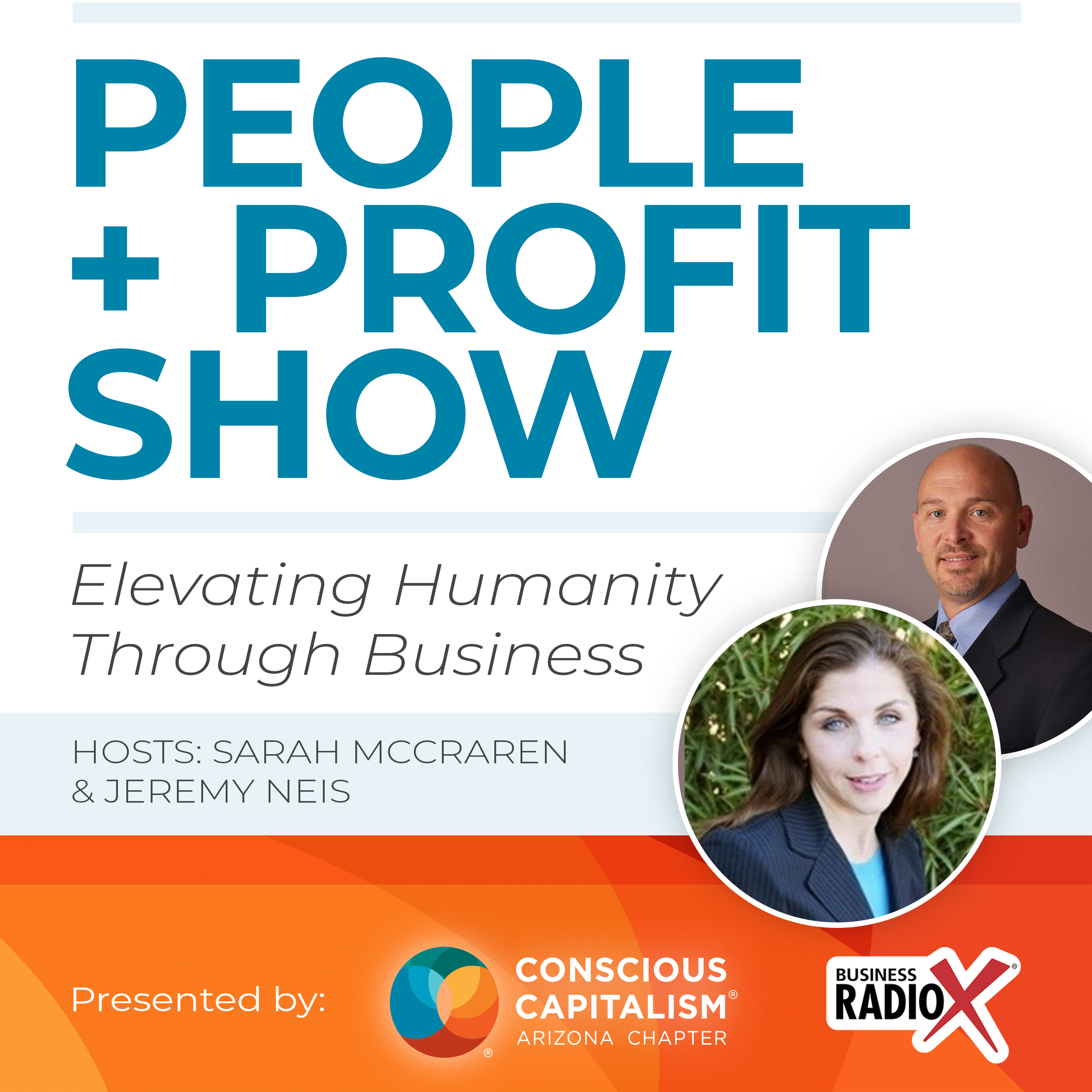What are your past views of capitalism, and how are they changing now?
To help explore the evolution of capitalism, we asked business professionals and leaders this question for their insights. From thinking beyond price to focusing on sustainability, there are several ways that capitalism has evolved over time.
Here are 7 ways that relationships with capitalism have changed:
- Create a World that Works for All
- Consider the Impact of All Stakeholders
- Make Social and Sustainable Goals
- Think Beyond Price
- Reduce Inequalities
- Uplift Others
- Focus on Sustainability
Create a World that Works for All
I used to think of capitalism as a competition to be the fittest. Business was about maximizing profits for the company and its shareholders. That seems so far away from where I find myself today. As much as I want to say that my shift came about with age and becoming wiser, it was the birth of my children that shifted my mindset.
When I became a mom, instead of looking just a short distance ahead of me, I began to look up and out, a bit further in the future. That tiny shift in vision made all the difference. It was no longer enough that I win, or that our company won, it became about asking bigger questions about the world and creating a world that would work not just for them but for all. With my granddaughter, I started to look even further. The shift has been from one to many stakeholders. At first, it was the environment, then employees, then systems and partners shifting from transactional to mutual discovery. Capitalism for me is an ecosystem where all is connected.
Yolande Grill, InfoSol Inc.
Consider the Impact of All Stakeholders
Reading Robert A. Caro’s books about Robert Moses (Power Broker) and Lyndon Johnson (Path To Power) have heavily influenced my views about capitalism in the last year. Mainly, both books have served as a wake up call to how dramatically capitalism is shaped by political landscapes and government actions. If anything, these books have made me think about “government” as one more stakeholder to consider beyond customers, employees, vendors, and environmental impact. That’s why organizations like Arizona Commerce Authority and GPEC are critical to our ecosystem, and great organizations to tune into as an entrepreneur.
Brett Farmiloe, Markitors
Make Social and Sustainable Goals
When I was younger and more pigheaded, I believed capitalism in its most raw form, where nothing matters but the bottom line, was the only way. However, as I’ve gotten older and seen the risks posed to our planet by global warming and overpopulation, my views have softened. I’m still an ardent supporter of capitalism, but I do believe it can be done within a sustainable and conscientious framework. By making social and sustainability goals a part of the corporate agenda, not only does this help with essential future change, but it can also be a money maker. Many of the most profitable companies on Earth, like Tesla and Amazon, have prospered because of their dedication to sustainable activities.
John Ross, Test Prep Insight
Think Beyond Price
I think capitalism is a great system but it could use some improvement. Over the last few years, I’ve tried to become a more informed consumer. I’ve come to realize that while big businesses don’t necessarily lie, they also don’t tell the full story all the time either. I used to just buy whatever I wanted or needed at the best price I could find and that was it. Now I’m more aware that if I buy the lowest-priced version of something there’s usually a reason the price is so low. Whether it’s environmentally hazardous or produced using labor in other countries that would be illegal in the US, low prices are usually low for a reason the seller isn’t talking about. These days I still buy what I need and want but instead of using the price to decide, I look more at how the seller is doing business and pay a little extra to a company I’m proud to support.
Francesca Nicasio, Payment Depot
Reduce Inequalities
I never questioned the origins or morality of capitalism until recent years, but rather saw it as something necessary to the world running. I’m now seeing how capitalism can exacerbate inequality in the opportunities people receive just based on their upbringing. People love using the saying “life isn’t fair” but shouldn’t we strive to make it as fair as possible. Now, of course, I’m not saying do away with capitalism but we need to work to reduce inequality in opportunity.
Jonathan Finegold, MedCline
Uplift Others
Previously my view of capitalism had always been one of making money first and foremost before anything else. However, as I have evolved my thinking and began to understand the economic implications of our interconnected world. My views of Capitalism as a system that can be positioned to solve some of the world’s pertinent problems such as the energy transition, freshwater shortage, and extreme poverty have become more pronounced.
Now I view capitalism as not only profiteering but rather a system that has the potential to pair profiteering of companies with the upliftment of people and communities for the betterment of society as a whole.
Mogale Modisane, ToolsGaloreHQ.com
Focus on Sustainability
Most of my career coaching clients these days are adamant about leaving toxic corporate environments to pursue meaningful, purposeful work. They are excited about the evolution of the marketplace and want to do work that focuses on sustainability, service, and good. This deep sense of mission, no doubt buttressed by the pandemic, is refreshing to witness.
Dawid Wiacek, The Career Fixer
Terkel creates community-driven content featuring expert insights. Sign up at terkel.io to answer questions and get published.





